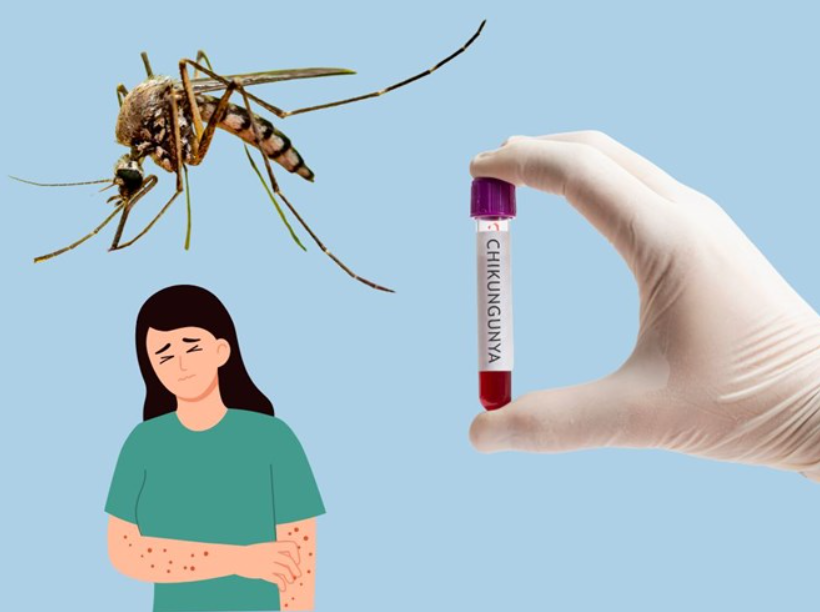
Chikungunya is a viral infectious disease transmitted by the Aedes mosquito - the same type of mosquito that transmits dengue fever that is circulating in Vietnam. More than 110 countries and territories around the world have recorded Chikungunya, including European countries. The World Health Organization (WHO) has also included this disease in the global warning list in early 2025. Currently, China, a country that shares a border with Vietnam - is also one of the countries that is being recorded with the epidemic, with the number of cases recorded reaching several thousand. Therefore, the Ministry of Health is also sending official dispatches to localities requesting active implementation of epidemic prevention work.
As an area bordering China, implementing the instructions of the Ministry of Health , these days, at Mong Cai International Border Gate, the work of disease prevention and monitoring of the medical status of people entering and exiting the country has also been strengthened by international medical quarantine officers.
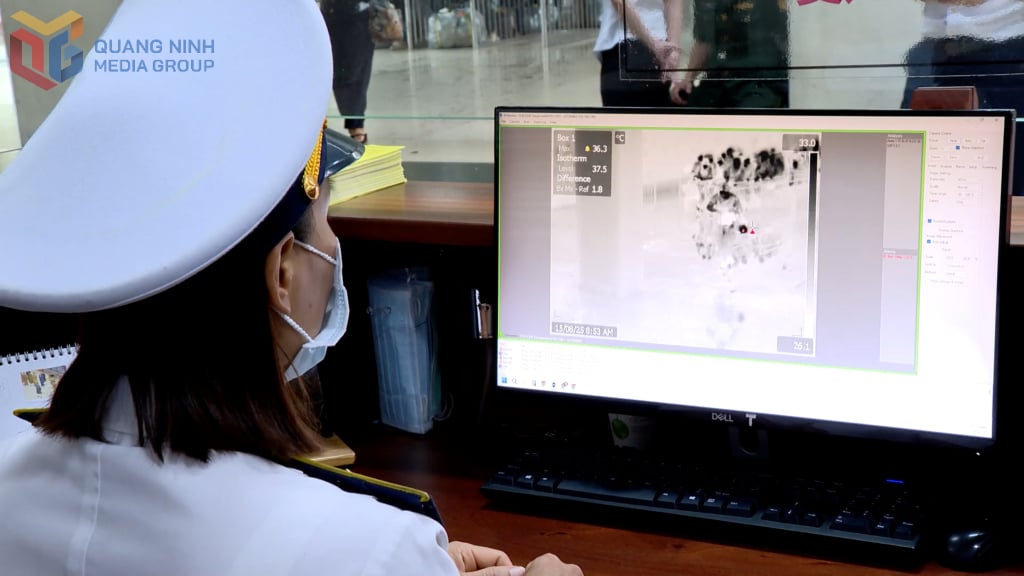
According to Dr. Hoang Manh Tung, Quang Ninh International Health Quarantine Center, Chikungunya is currently classified by Vietnam as a group A infectious disease. Regarding medical quarantine, 100% of incoming passengers will have to have their body temperature and clinical signs monitored. Vehicles will be sprayed with Chloramine B to disinfect the surrounding area. In case of suspected signs, the patient will also be quarantined, goods will be sampled for testing and handled according to regulations.
At the same time, information about the epidemic is also made public and conveyed to the people as well as tourists in many forms. Banners and posters are designed in three languages: Vietnamese, English, Chinese, and are placed in easy-to-see and easy-to-observe places. Leaflets promoting the epidemic, with special attention to suspected symptoms and hotlines, are also printed and widely distributed by authorities working at the border gates to people completing exit and entry procedures. Import-export businesses, travel agencies, and tourism companies are also sent emails with information about the epidemic and instructions for early detection of cases.

Mr. Tran Ngoc Quynh, Hoa Binh International Development Tourism Company, shared: As a person working in tourism, myself and the company also really hope that all epidemics will be well controlled so that tourism activities are always vibrant. We also actively comply with all epidemic prevention measures, proactively inform the travel agency on the other side about Vietnam's epidemic prevention regulations, and prevent the epidemic from spreading into the area.
Not only at Mong Cai International Border Gate, but also at all other land, sea and air border gates, the province has proactively developed plans to strengthen monitoring and response if any cases are detected. Especially for the sea route, which is an area with extremely vibrant international trade with multinational ships, complex sea routes, coming and going through many different countries and territories, epidemic prevention work is also given special attention.
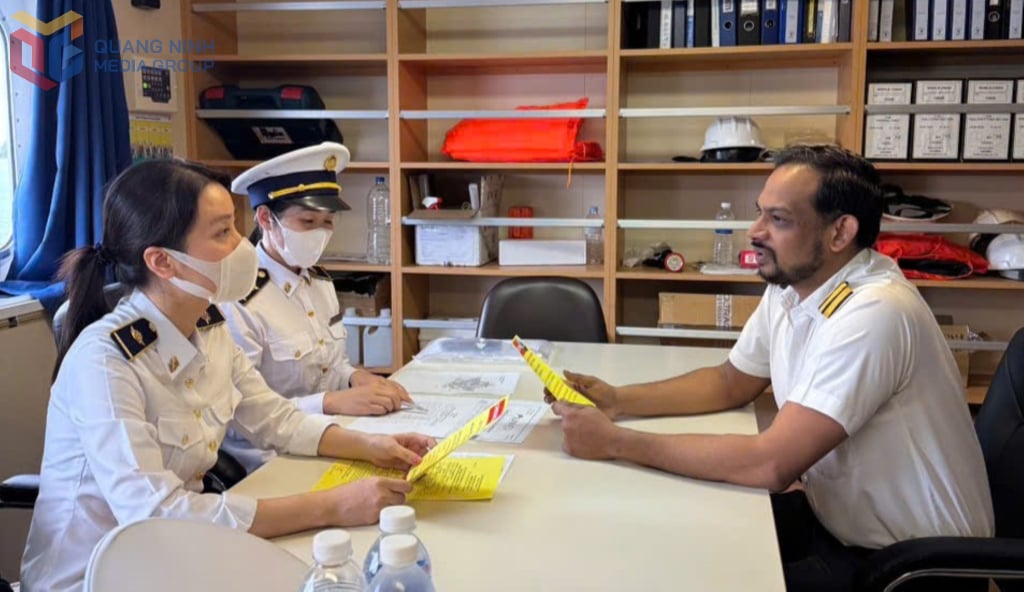
Mr. Hoang Van Luong, Director of Quang Ninh International Health Quarantine Center emphasized: We have developed a detailed plan and closely coordinated with forces and sectors at border gates, ports, as well as medical units in the province. In addition to strictly controlling and detecting infected cases, we have also calculated plans for transporting and isolating patients, ensuring that the disease does not infiltrate and spread to the area. In particular, on this occasion, we will also coordinate with sectors and functional forces to strengthen environmental sanitation, kill mosquitoes, larvae, and larvae - vectors of disease transmission - which have also been strengthened in border gate areas.
Dr. Nguyen Van Hung, Deputy Head of the Department of Infectious Disease Prevention and Control, CDC Quang Ninh also noted: Because the Chikungunya virus is transmitted through mosquito bites, if you are traveling or working abroad, especially in countries and territories where the disease is prevalent, you should try your best to avoid mosquito bites. If you have unusual health symptoms such as high fever, joint pain, fatigue, etc., you should go to local medical facilities to be examined and diagnosed. As for those who have traveled through epidemic areas and returned to Vietnam, you should closely monitor your health. If you have any unusual symptoms, go to the nearest medical facility to report them and receive monitoring and treatment advice.
Source: https://baoquangninh.vn/dam-bao-an-toan-phong-chong-dich-cho-nguoi-va-hang-hoa-tai-cac-cua-khau-3373068.html




![[Photo] Parade blocks pass through Hang Khay-Trang Tien during the preliminary rehearsal](https://vphoto.vietnam.vn/thumb/1200x675/vietnam/resource/IMAGE/2025/8/27/456962fff72d40269327ac1d01426969)
![[Photo] Images of the State-level preliminary rehearsal of the military parade at Ba Dinh Square](https://vphoto.vietnam.vn/thumb/1200x675/vietnam/resource/IMAGE/2025/8/27/807e4479c81f408ca16b916ba381b667)
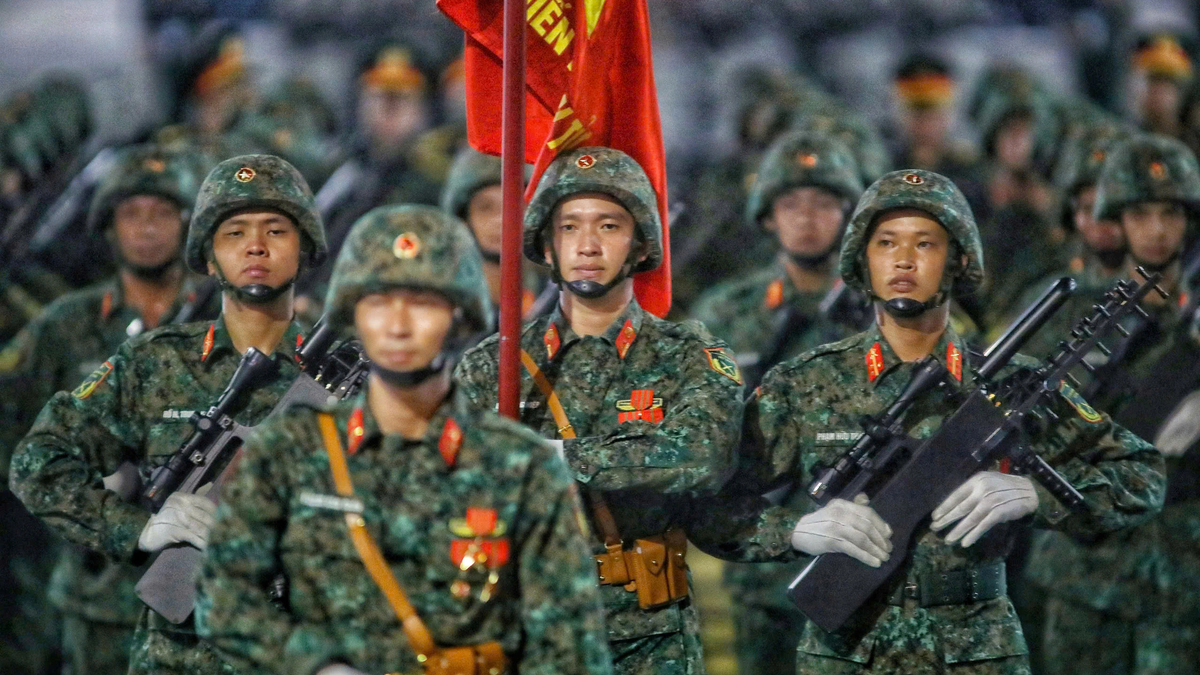
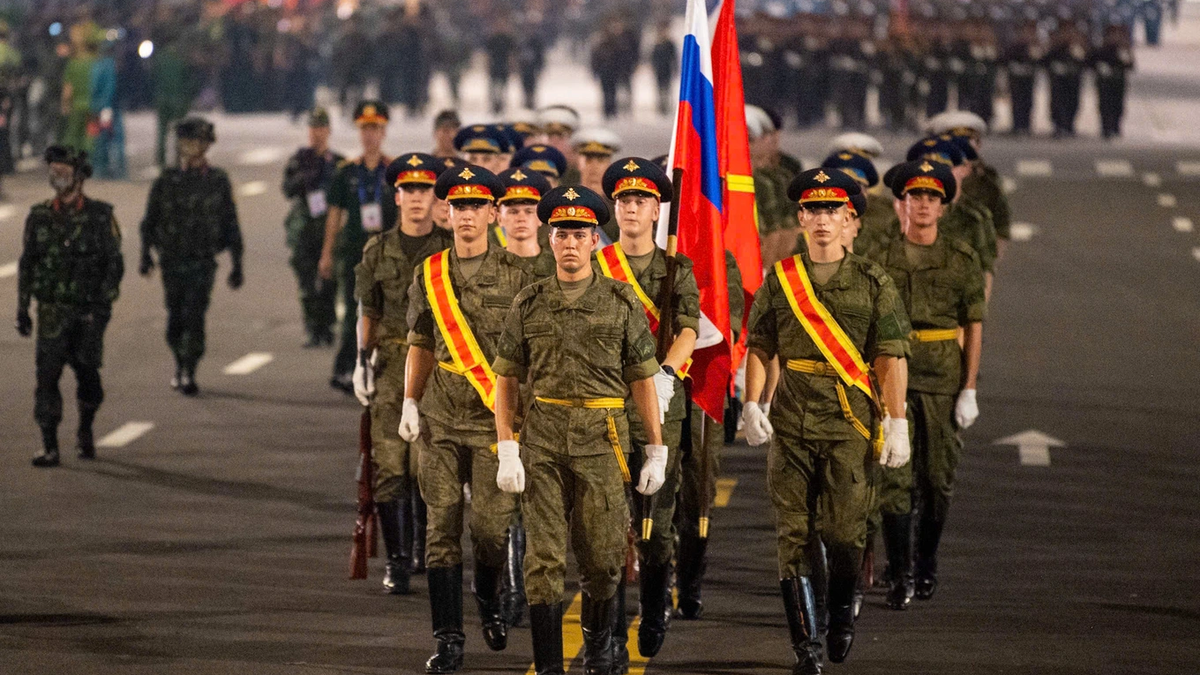
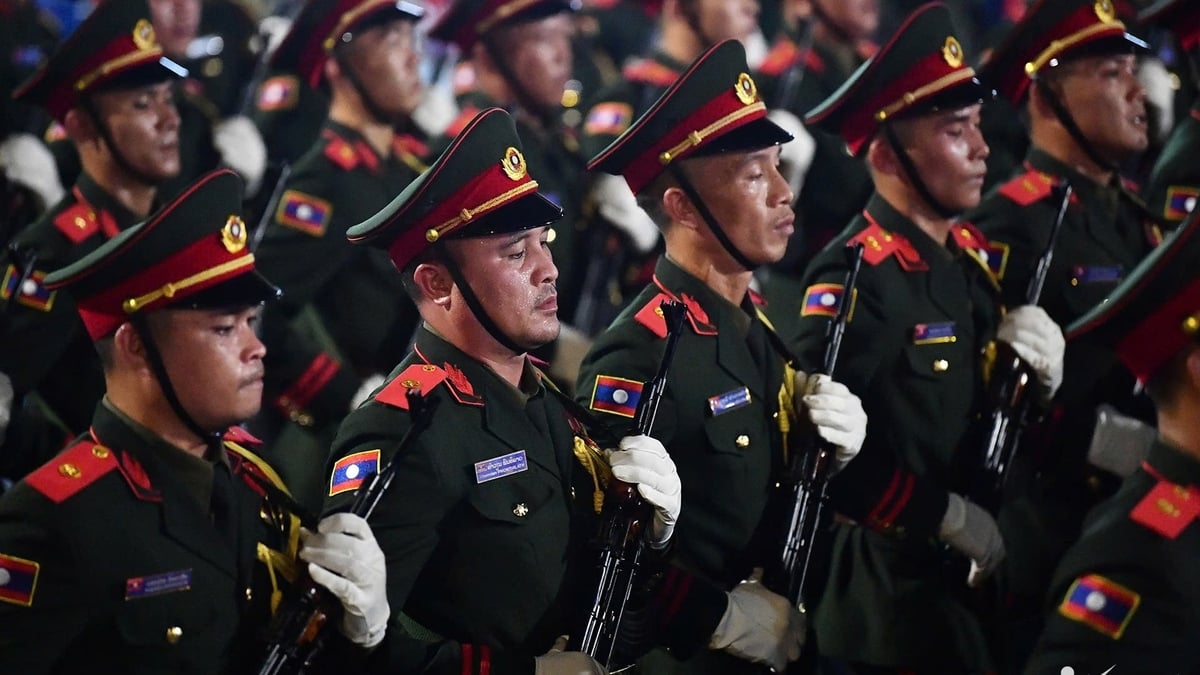
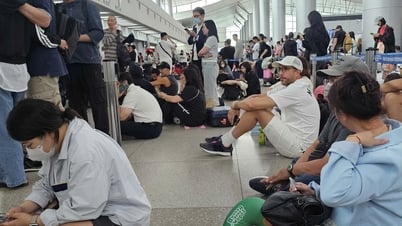

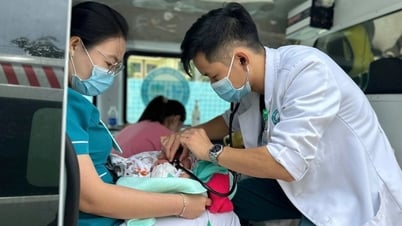

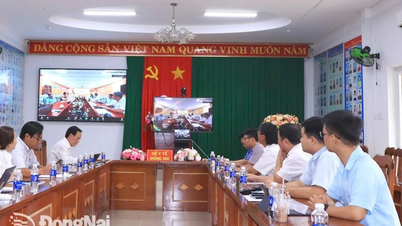



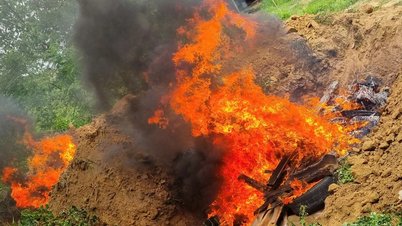

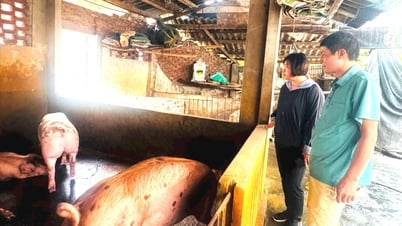



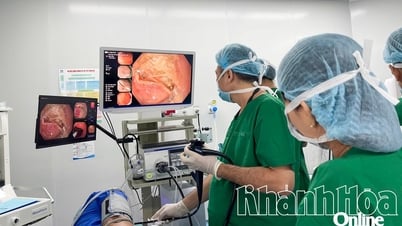

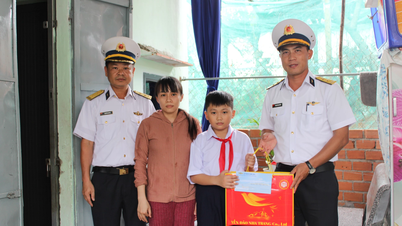


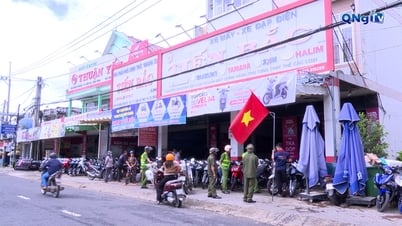









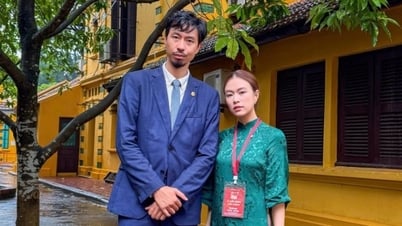
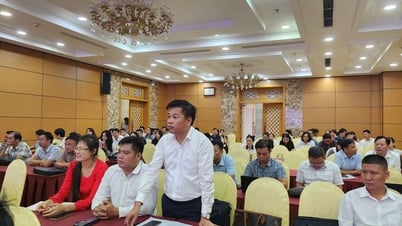

































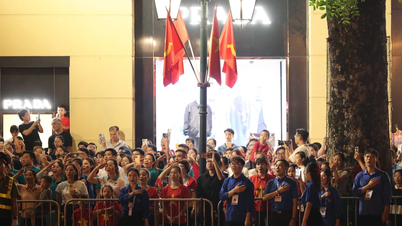

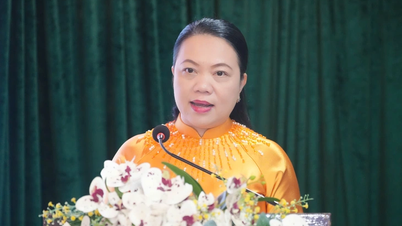
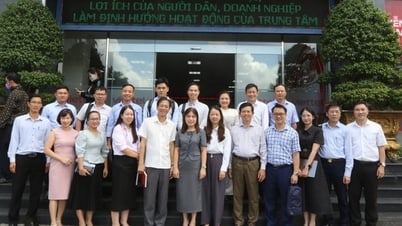






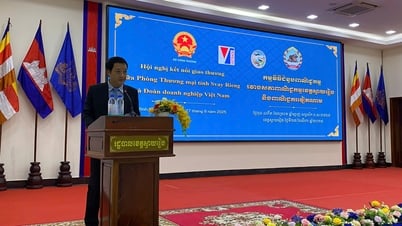

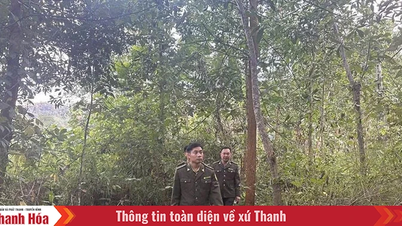




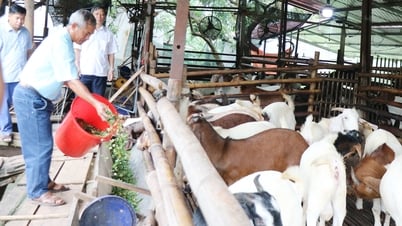












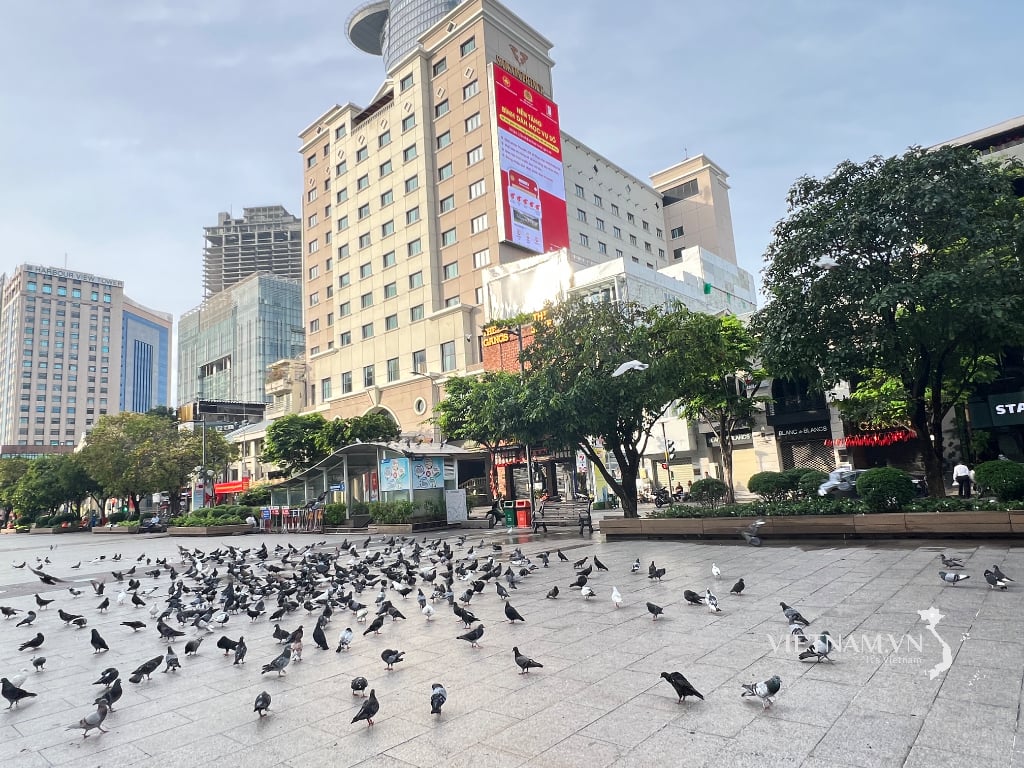



Comment (0)